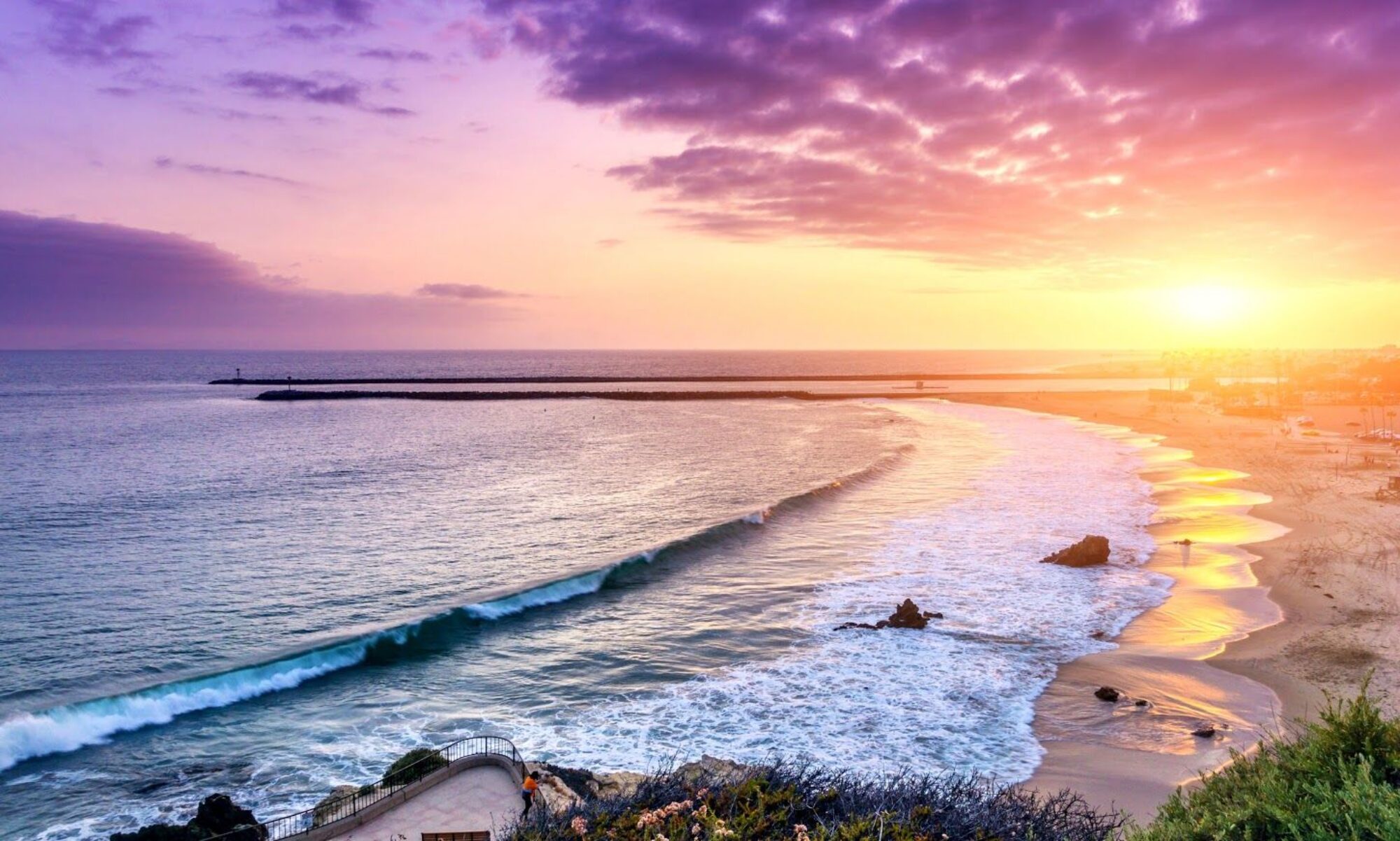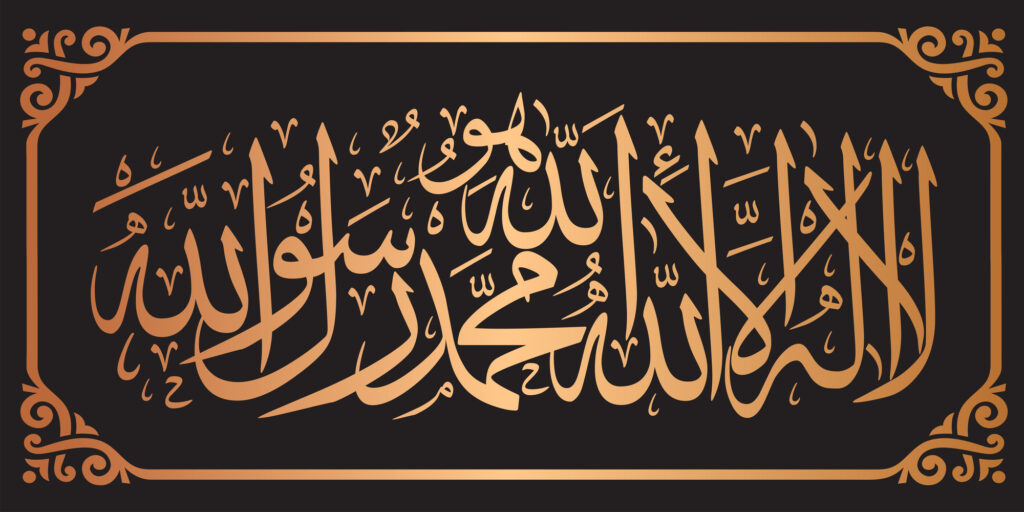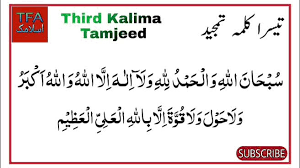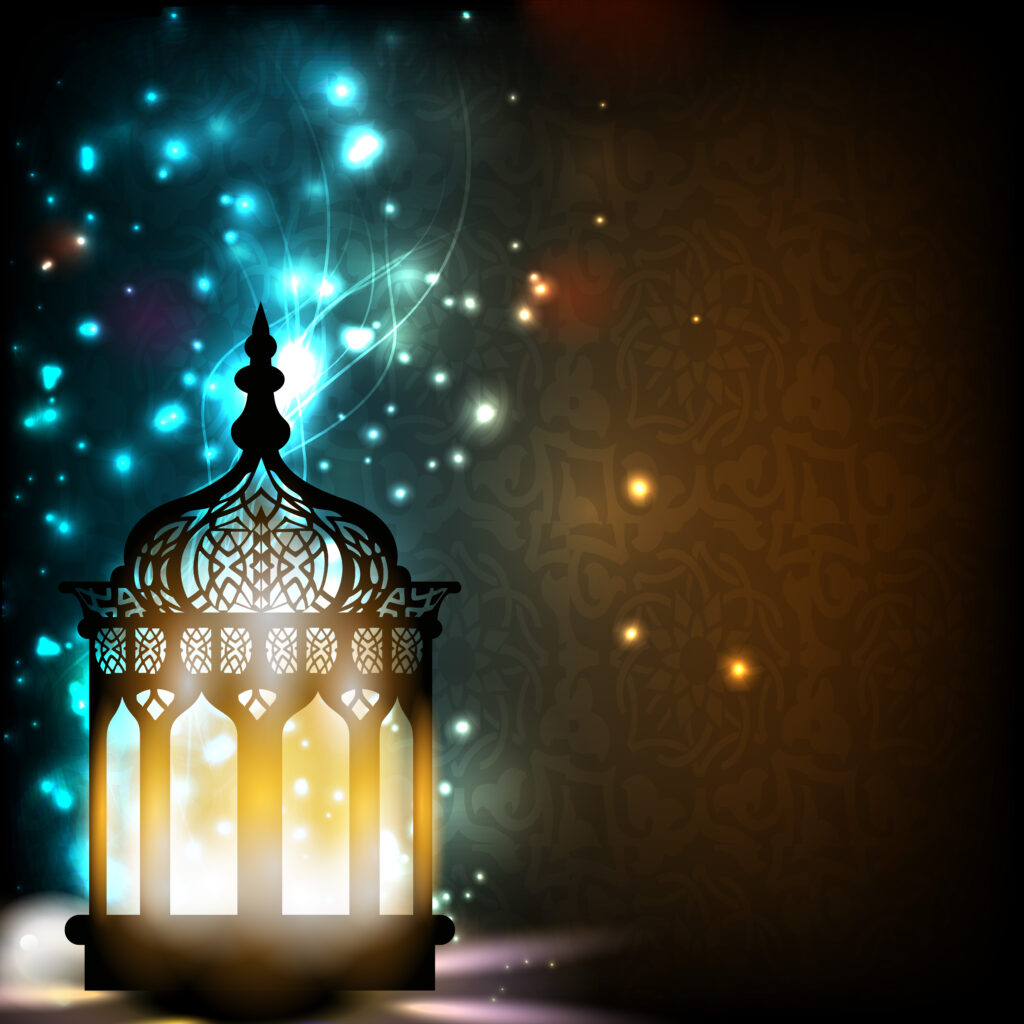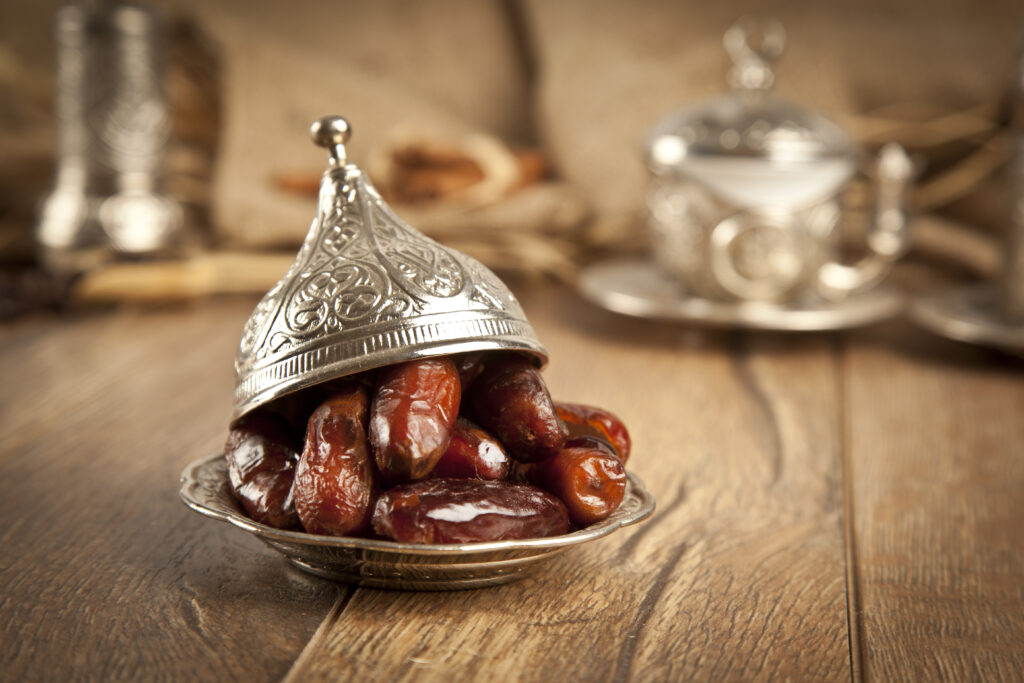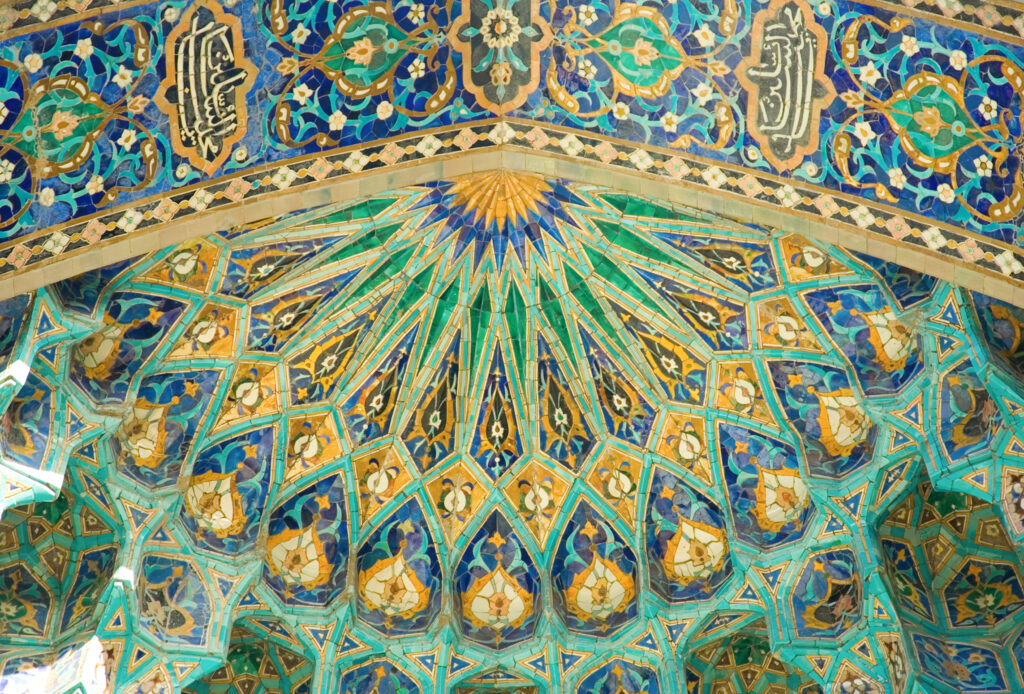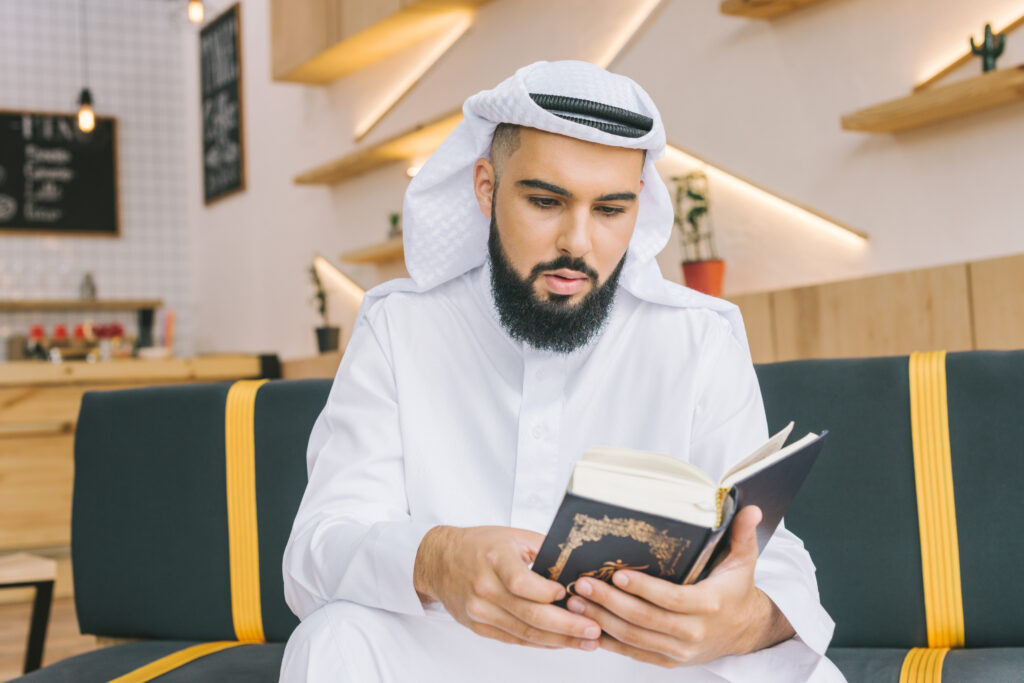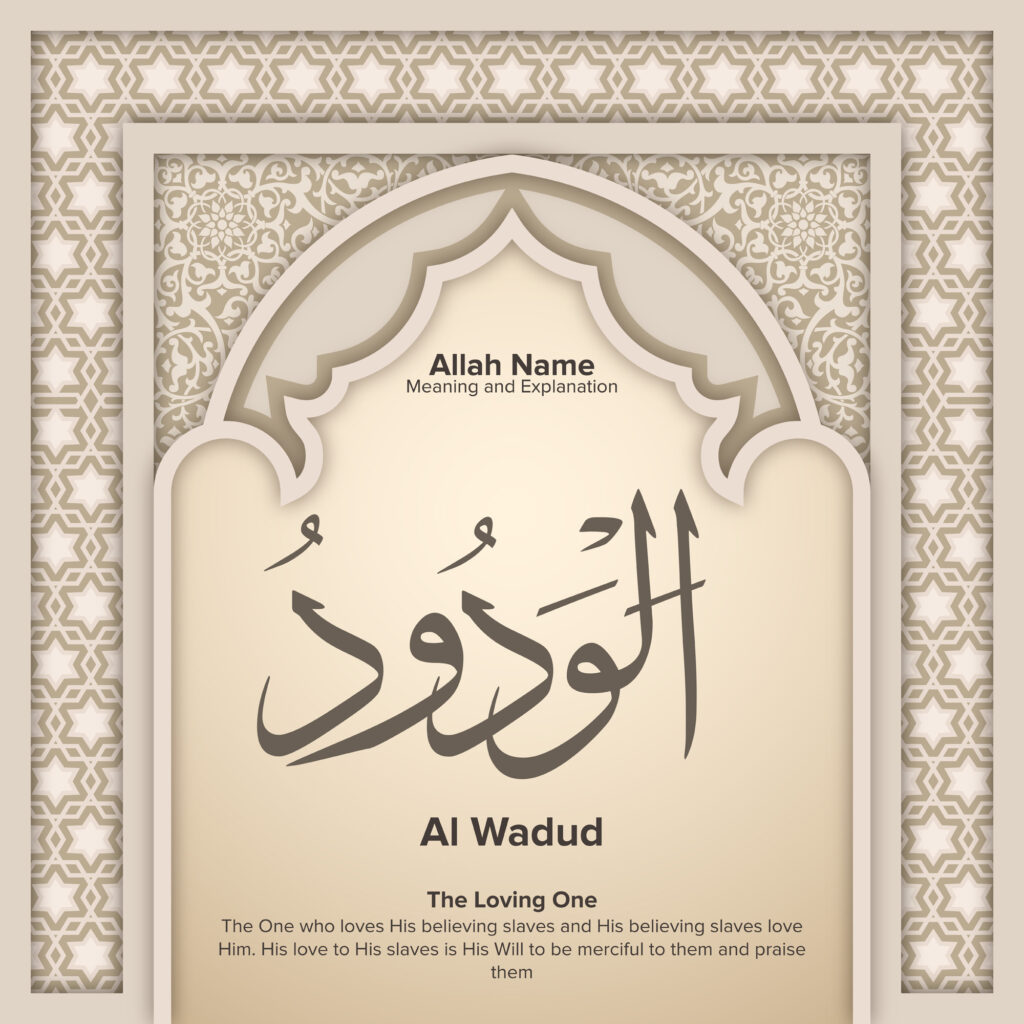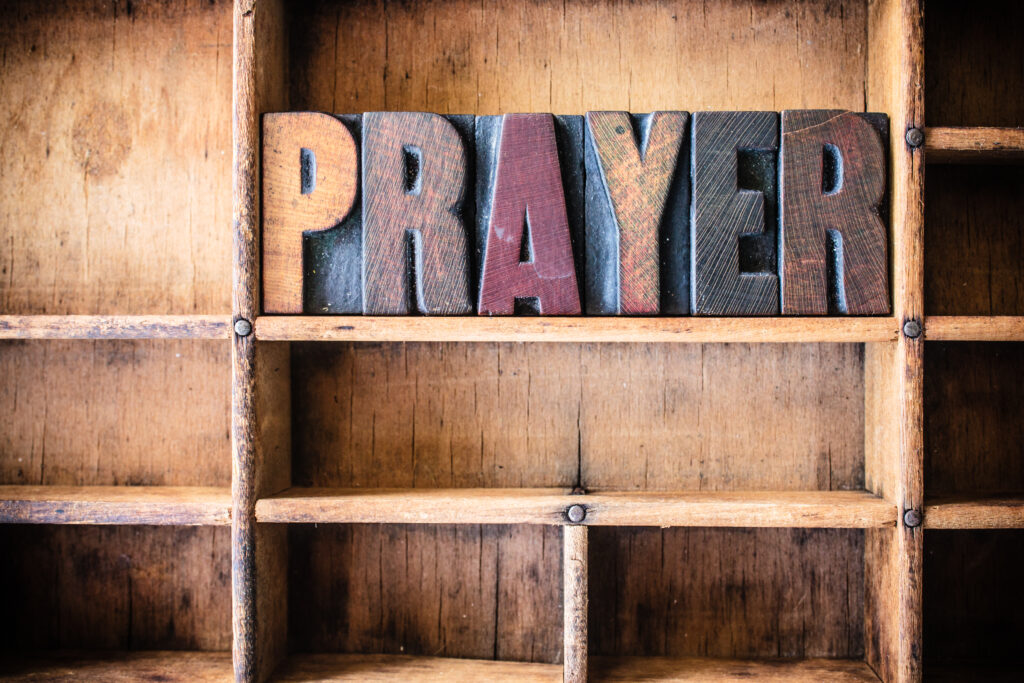This post was originally written on August 25, 2018. If you find this post insightful, please share with your friends, colleagues, family and loved ones. Jazakallah khair. Let’s spread this blog throughout the world!
I have many friends who are Muslim, so when we go out and eat, I am amazed that they don’t try to consume halal food. They will eat chicken, or beef at a restaurant, while I eat veggie based dishes or fish (carefully looking at the ingredients, of course). They believe that since it’s hard to find halal places, they can make an exception and eat chicken or beef at restaurants. I get it, but if you can’t find anything halal, then stick to vegetarian, vegan or fish dishes (if you like fish, that is, because not everyone does). Side note: Of course, I used to be this way a long time ago when I was venturing out in the college world, and would eat chicken mostly at restaurants without thinking about where the chicken came from or if it was even halal. I made some changes in my life though when I left college, and have alhamdulillah stayed 100% halal when eating out.
I remember, I’d come home and have conversations with my mom about how my some of my Muslim friends didn’t consume halal food when we’re out at restaurants. In fact, a couple of my friends told me they don’t buy halal meat and just buy whatever they need from their local Ralphs or Vons when there are halal meat butchers literally 5 minutes away. That left me baffled because unfortunately, places like Vons and Ralphs don’t carry halal meat, or really, anything halal. Jons has halal lamb from New Zealand and Australia, and even then, I usually won’t buy that unless it has the “halal” sign that’s pictured below (for those reading who are not Muslim and don’t know what the halal sign looks like).

Side Note: The good news is that many nutrition based grocery stores have started carrying halal items – frozen dinners are now halal (depending on the company) and many international grocery stores in the United States carry halal items as well. You can find Saffron Road in most Sprouts, and Whole Foods locations. You can find halal meats at Walmart under the name Crescent Halal. Not every location has this though, so do some Googling and find out if your location has Crescent halal foods.
The interesting thing is that we have many local halal meat shops close to us where they can go and buy meat (and support our Muslim businesses at the same time), but some of my Muslim brothers and sisters choose not to for whatever their reasons are.
I get it. Everything we do is a choice we make – it doesn’t necessarily mean that it is the right choice though.
If we choose to be halal in everything we eat, and even with our jobs (careers), Allah SWT will make our lives easier and our duas will be answered in a much more deeper way that brings us closer to Allah SWT.
I’ve heard many of my friends complain about the issues they’re dealing with in life. They don’t know how to overcome them despite the duas they constantly make, and then I see them consuming non-halal things, or doing work that is not helping them to bring in halal income.
Think about it…as Muslims, Allah SWT wants us to obey His commands and we are encouraged to follow the Sunnah of our beloved Prophet (SAW). Our five daily prayers, remembrance of the Oneness of Allah SWT through dhikr, fasting during Ramadan and in other times of the year, going to Hajj once in our lifetime, giving in charity (Zakat) and doing good for others are the pillars of Islam that Allah SWT wants us to commit ourselves to.
Aside from the pillars, there are other things we must commit to if we want to create a close relationship with Allah SWT and see our duas manifest:
– We should not backbite and gossip nor should we judge others for their past mistakes or really, for anything that’s none of our business.
– We should treat others with respect.
– We should not show off and be prideful.
– We should do good deeds as much as possible.
– If we want to go to Jannah, we have to work on ourselves on a spiritual, emotional, mental and physical level.
– We should help others in this world as much as we can if we want to attain success.
The biggest one we need to work on is to commit to only halal means if we want our duas to be answered.
If we gamble and make profit through the gambling process, if we sell items that are prohibited, such as alcohol and illegal drugs and we use that profit to take care of our families, we end up hurting ourselves and stray from the path of Allah SWT. How could we expect Allah SWT to answer our duas and bring us the best if our earnings come from haram means, which we have been strictly forbidden from doing?
If we are eating meat that is not halal, we are not following the commands of our Rabb (SWT).
I have seen some of my fellow Muslim brothers and sisters whose earnings were not coming from halal sources. Some of them didn’t have a choice in where they were working however. Or at least, that’s what it felt like – they had to work where they were at because it was all they could do at the time. When you’re between a rock and a hard place, it seems hard to make the right choices and you have to do what you have to if you need to survive. I understand.
There were some of my friends who were eating food from McDonalds and other places – hamburgers made from beef (or I suppose so called beef since they add so many chemicals, and pink slime…), and made on the same skillets as the pork that was cooked just earlier.
Or they were purchasing meat from stores such as Ralph’s and Vons rather than purchasing halal meat from our local halal butcher shops.
Depending on where we live, there are a variety of halal butchers and halal restaurants that cater to Muslims, and yet, some of my friends were eating at restaurants that do not use halal meat and cook in the same containers as pork and alcohol are cooked in, rendering the food haram; not even makruh.
Let me explain a little about what makruh actually means –
It means something that is not considered necessarily haram, but that it is disapproved of. For example, eating chicken from McDonalds may not be haram, but unless it is out of necessity that one has to eat that because it is to save their life, it is considered makruh. It is best to avoid anything that is makruh, and stay as halal as possible. Why should we do something that Allah SWT does not like?
We have strict Islamic dietary laws which forbids us from consuming certain foods due to their haram nature, such as pork. We should eat only that upon which Allah SWT’s name is stated. We are told that when we slaughter the animal, it must be done in a humane way. During the time of slaughter, we must say “Bismillah-ir Rahman Nir-Raheem” and using a special sharp knife, slaughter the veins of the animal in a way that the animal does not feel pain. We cannot eat animals that have died or were killed by something else. We cannot eat certain sea creatures (although there are some differences in the Four Madhabs – Hanafi forbid the eating of shellfish such as crabs, lobsters, mussels, clams, squid, and scallops, but dispute about shrimp. Shafi madhab says it is okay because they are part of the ocean).
Some scholars have stated that actually eating non halal meats, such as chicken and beef (aside from pork) is also considered haram, and not even makruh.
My friends who are not Muslim know I am strictly halal, as well as I consume no alcohol ever, and try their best to accommodate me whenever possible.
A great example was a few weeks ago – the dean of my University actually decided to celebrate me by having a luncheon with the faculty and staff. She told me to come and meet with her for lunch, then surprised me by getting food from P.F. Changs (an American-Chinese fusion restaurant) and a beautiful card everyone signed for me for all the work I’ve done and for congratulating me on graduating.
Because she is aware of my religious dietary restrictions, she made sure they got a lot of vegetarian dishes that did not have any meat or any type of alcohol in it. I did find out that the restaurant does cook their vegetarian meals separately from their meat dishes. Having non-Muslim friends respect me in that way really means so much to me.
My friends who are Muslim but do not consume halal also know about my restrictions and help me to find places that are halal we can either go to, or vegetarian restaurants. Vegan restaurants are my favorite places when I can’t find anything halal to eat.
Let me share a little bit of my background…a long time ago, I thought it was okay to eat chicken and beef even when out in restaurants because I thought since it wasn’t pork, and it was only makruh, it was okay. I saw my Muslim friends eating beef and chicken while out at restaurants as well.
Then I realized that if I wanted to have closeness with Allah SWT, and ensure that my duas are being answered, I have to eat only halal and not consume makruh or non-halal food while out. Our mufti also told us that even though we are told that the chicken and beef and other meats are makruh, in fact, they are haram (like I stated above, that some scholars consider other non-halal meats to be haram).
The reason why?
The animals are killed inhumanely, and are not blessed with the name of Allah SWT. They are not good for us to eat energetically due to the fear enzymes that have stayed inside their bodies during their killings (there is scientific evidence out there now to prove that). To top it off, the ONLY time it is okay to eat chicken, beef, lamb or other meats that are not halal is when there is a need for it due to sickness, and there are absolutely no halal places in sight that provide halal products. Kosher would be okay at this point because they follow similar dietary restrictions as Muslims, except without the name of Allah SWT when they slaughter the animal. Everything else is similar when it comes to dietary laws and slaughtering.
However, side note – it does not mean we can eat Kosher meat. Even that is not for our consumption unless it is absolutely necessary and you are in an area where no halal meat is available.
And no, reading Bismillah over the meat you’re about to eat is not going to make it halal because it should have already been halal from the moment the butcher said bismillah during the slaughtering process. I’ve heard this so many times from the people in my community that they think it’s okay to eat chicken from the grocery store so long as they said Bismillah over it before eating it with the idea that it will become halal that way. No, not true. Sorry but I do have to roll my eyes on this one because it’s not true. Yes, we say Bismillah before we eat, but that doesn’t mean the meal will become halal.
One should say bismillah before eating, but saying bismillah and blowing on a piece of cooked chicken does not make it halal. The meat itself is not halal unless slaughtered by humane Islamic means.
The name of Allah SWT must be said during the time of slaughter. Not after the fact. For those of you who may have believed otherwise, sorry for letting you down about that.
Alhamdulillah, we now have many, many places where there are halal restaurants, halal butchers, and grocery chains that carry halal products. One of my favorites is Saffron Road. Sadaf also carries halal products, and so do many others now. They also sell them in regular grocery stores. I have also seen halal ground lamb, and other
We really do not have an excuse.
Also, many foods cooked in restaurants are not cooked in separate pans and pots. Some are cooked in the same pot as pork is cooked in. That means the food becomes haram anyway.
To top it off, some of the dishes contain wine or other alcohol. While they say the alcohol is cooked away, it’s not 100% cooked down and there are some remnants of the alcohol left. That makes the dish haram for us, and we cannot eat it.
A month ago I was at an Awards and Installation Luncheon hosted by my Toastmasters district. The luncheon was at an Italian restaurant. When it was time to eat, we had a buffet style pizza, pasta and bread filled with the most delicious cheese. But I had to make sure the pizza and pasta I had was vegetarian and was not cooked with any meat.
When it was my turn to get the pasta, one of the servers started putting pasta on my plate. I noticed that it looked like the sauce had meat in it and asked. The server said the other pasta was vegetarian so he quickly took out the pasta he put in my plate, and the other server put the vegetarian pasta instead.
Needless to say, I couldn’t eat the pizza. It was too greasy, lol! But the cheese bread was heaven sent.
Later on, we were being served dessert. It was Tiramisu.
Now, I love eating sweets, but many desserts have alcohol in them. I watch a lot of Food Network and cooking shows, so I see what they add to desserts and certain dishes. I also have a certificate in culinary arts, so I had to see first-hand my peers using wine to cook their dishes, and I avoided it with all costs. I remember having to let my instructor know I could not cook with nor eat food that was made with alcohol, nor could I eat meat if it was not halal. He was a wonderful man, and very flexible, allowing me to use vinegar as a substitute for dishes I would cook without having to taste if I had to use beef that was not halal.
Anyhow, I was getting ready to take a bite of this Tiramisu. My fork cut through the corner of the cake so I could eat it and suddenly, I didn’t. I had this urge to ask about the ingredients first. I told my friends and one of them said she felt as if she tasted the alcohol in the cake, and she’s never had alcohol before.
My other friend then got the server, and together, we asked what the ingredients were in the Tiramisu.
She said it had marsala wine in it. That did it for me.
I did not eat that Tiramisu. The server was very nice and understood my not eating anything with alcohol in it due to religious restrictions, so she brought me a scoop of ice cream instead (picture below).
I’m lactose intolerant….that’s another story and my stomach definitely wasn’t happy yesterday, but I gladly accepted it and did eat a couple of bites of the ice cream.
Had I not asked, nor been aware of the fact that alcohol is usually put into Tiramisu, I would have eaten something that would not have been good for me in the long run. But Allah SWT knows our intentions and forgives especially when it is unintentional because we did not know.
You have to be aware of what you’re eating and never be afraid to ask or inquire. Sometimes, they may list a name that you don’t know about and think it’s all vegetarian until you see otherwise.
Have you ever eaten something, and did not know what was in it?
It’s happened to me a couple of times, and then I ask Allah SWT to forgive me because I didn’t know.
For example – one day, I was at Starbucks. I am usually very careful and read ingredients before buying anything to consume. I got an egg salad sandwich. I read the ingredients and everything seemed okay. There was a long list of ingredients, and I apparently missed the ingredient “white wine” that was mixed in with the egg salad. I ate the sandwich, and while I was eating it, I read the ingredients once again. That’s when I saw the “white wine” and I stopped eating immediately and threw the last few bites of the sandwich away. May Allah SWT forgive me for it. I was begging for forgiveness because I did not see that and did not know.
One other time, I was out with a friend at a breakfast place. I ordered an egg omelet, and thought it was vegetarian. The ingredients were all vegetarian, or so I thought. When I took a bite of the omelet, I tasted meat, and I asked my friend to look at it because I thought it was vegetarian.
Nope. I was so wrong.
There was pork in it in the form of andouille sausage….astaghfarullah!!
When she told me that there was pork in the omelet, I was upset and immediately in my mind asked Allah SWT to forgive me. Then I asked the waiter to come and take away my dish because I thought it was vegetarian. I asked him why it had pork in it, when it was supposed to be vegetarian. Well, my bad. I didn’t know that andouille was sausage and that it was even made of pork. It just said andouille and I thought it was a sauce. LOL! I was so embarrassed, and I have a culinary certificate, but didn’t know what the heck andouille was. Shame on me, right? LOL! I had to laugh at that one. Now that I know, I steer clear of it.
I told my mom about what had happened and how bad I felt. She said, “Don’t worry, you didn’t know, so Allah SWT will forgive you for it because it was unintentional.”
This is why based off of my experiences, I always say to be aware of things, and always ask questions. It’s better to be safe than sorry.
A few weeks ago, I was at my friend’s baby’s one year old birthday party. Her family are strictly halal (which is super great!) and she told me that she ordered Mexican halal. I had NO idea there was a Mexican halal restaurant called Pura Vida (in Carson, CA), and mashallah, the food was so delicious. Now that I know about it, I’m taking my family there when we want Mexican food. Look around. You will find places that are halal and cater to your tastebuds.
We really need to support our local halal restaurants, eateries, bakeries, and butchers. So I do encourage all of you to inquire in your cities and see what is there. Try them out, then use word of mouth to spread the news to others who may enjoy that restaurant, eatery, bakery, or butcher, etc.
And if there is a doubt that a restaurant which says they are halal may not be serving all halal meat, ask questions. If they say it is halal, we should accept it. Unless we find proof that they serve non-halal meat, we should not point accusatory fingers. I’ve seen people do that, causing chaos in the communities because the wrong information spreads, ending up ruining someone’s business reputation who truly is serving halal food and products.
Our mufti told us that if someone gives you food and says it is halal, but that person knows it’s not and you eat it with belief it is halal, you will not be the one in trouble for eating it. The person serving you the food will have to answer to Allah SWT because of their intention to deceive.
Allah SWT looks at our intentions. If we had absolutely no knowledge and we ate something that had an ingredient we weren’t supposed to consume, we will be forgiven. If we do it intentionally knowing that the food contained haram ingredients we should not consume, but we do it anyway, or we feed someone else with it, then maybe that speaks more about our characters, values and morals than about anything else. We need to check into ourselves spiritually at all times, and make sure we follow the guidance of Allah SWT as written in the Qur’an and the Sunnah of the Prophet (SAW).
I’ve been to places where when I ask if a particular dish has alcohol in it, the servers give me a strange look and wonder why am I asking so many questions. There are many people who have sensitivities as well and must ask about what their food contains before ordering it, so I would think servers would be more sensitive about customers’ needs instead of looking at us as if we’re weird. Oh well….
Our source of income must come from our own hard work, and the profit must not come from haram sources such as selling alcohol, illegal drugs, pork, and gambling. Our food must be halal and good for us to consume.
If we want our duas answered, and we want to see miracles happen, then it is important to stay halal at all times. It is harder when we are living in places where finding halal means of work and food may be hard to come by, but our intentions are to try. Only under extreme emergency situations, should a person consume kosher meat or meat from the market that is not halal. And when I say extreme emergency, it’s where there is absolutely no halal stores or places, and this meat is what you need to keep you from becoming sick or ill or to help you survive.
Please brothers and sisters, do your very best to stay halal at ALL times. Ask questions, look for local halal restaurants, stores, meat shops, etc.
Here are a couple of companies that sell halal (only eat kosher if there is no halal products to be found anywhere). I can update this further as I get more information.
– Saffron Road: They belong to the American Halal Company Inc., and certified by IFANCA They are halal and delicious if you are looking for some quick frozen meals to heat up and eat. https://saffronroad.com/
– Midamar Halal products – they can be found in many stores depending on your location. In Los Angeles, we can find them in our local halal grocers freezer, Valley Produce and other middle eastern markets as well. We’ve ordered from them before and they have good halal meat. http://www.midamar.com/Content/Services/Halal-Foods/Midamar-Halal-Brand.aspx
– For halal vitamins, check out Solgar. They are kosher and halal certified the last I checked and saw a halal sign on them. http://www.solgar.com.
There are other halal items available that I will post once I get more information.
Fi Amanillah
– Dr. Aasiyah N. Ghazi
